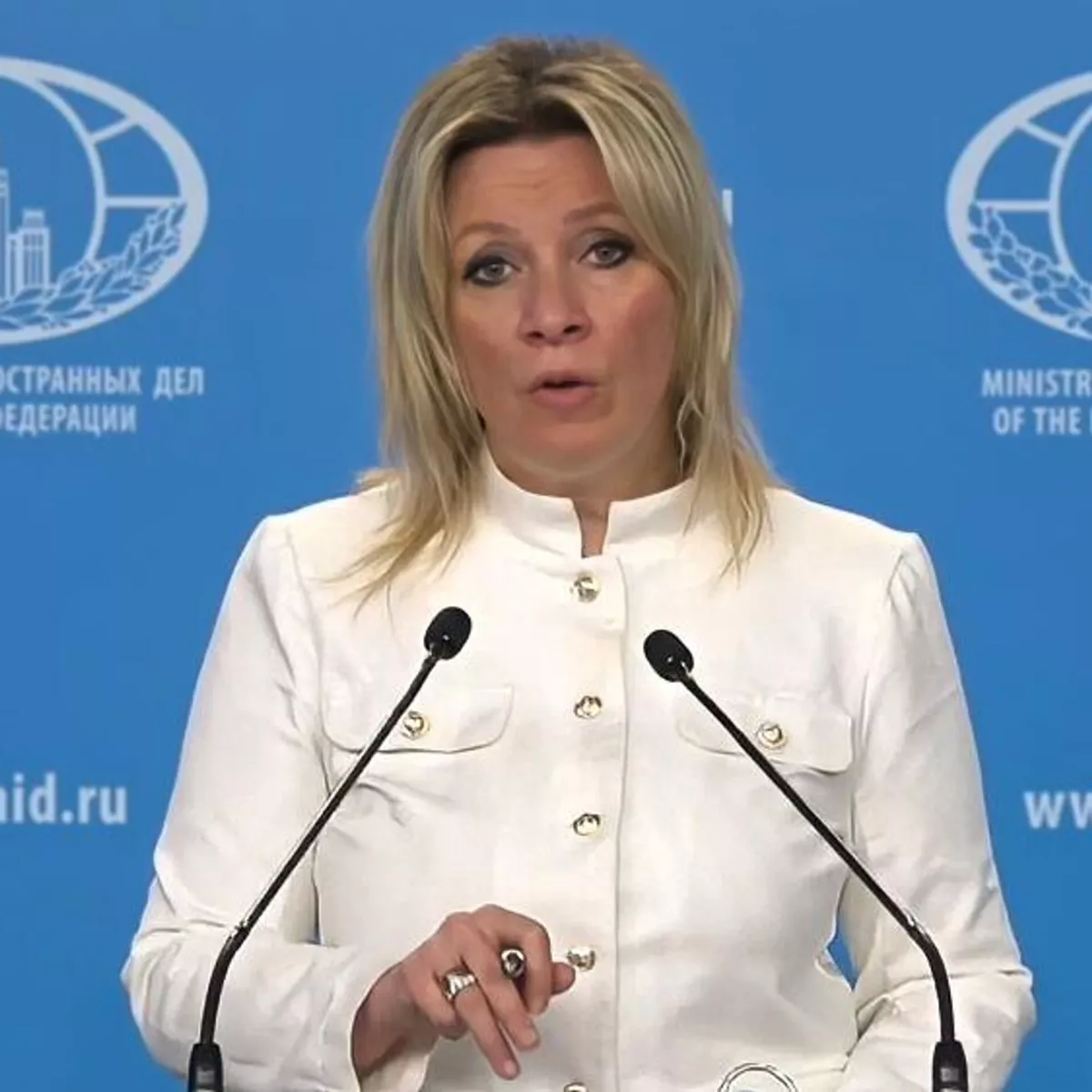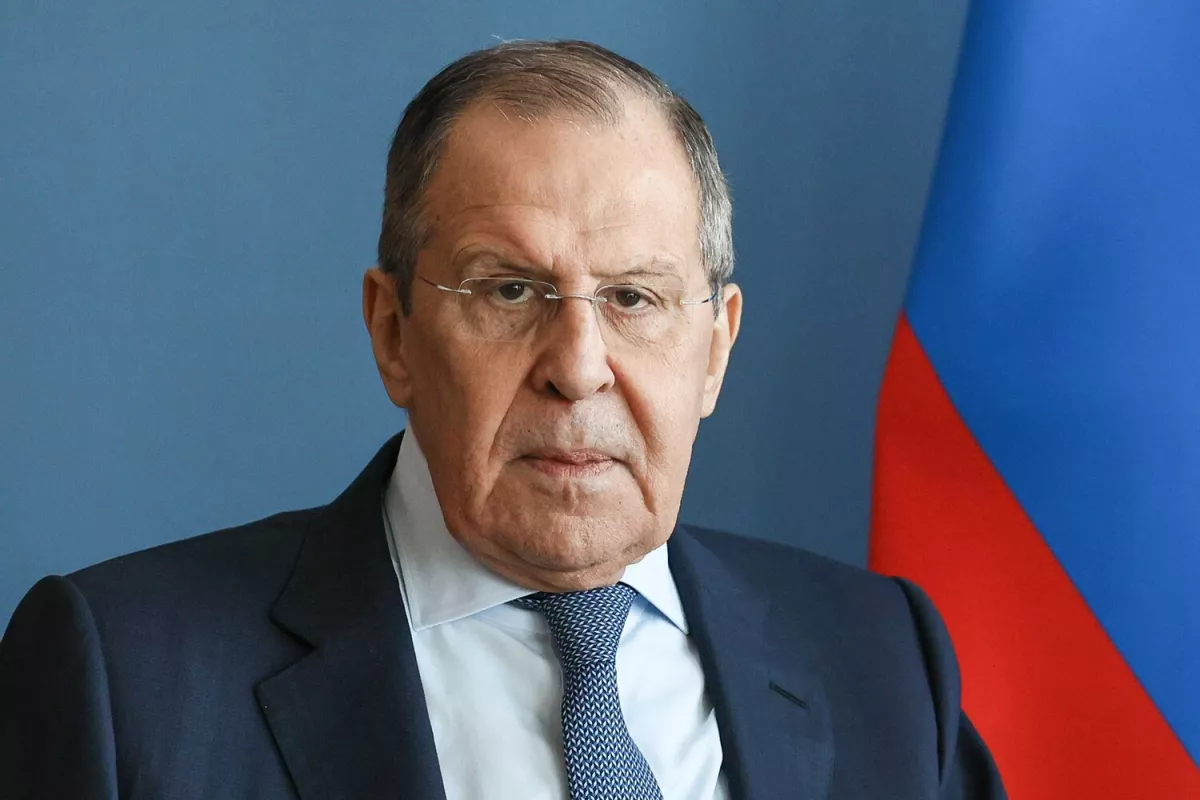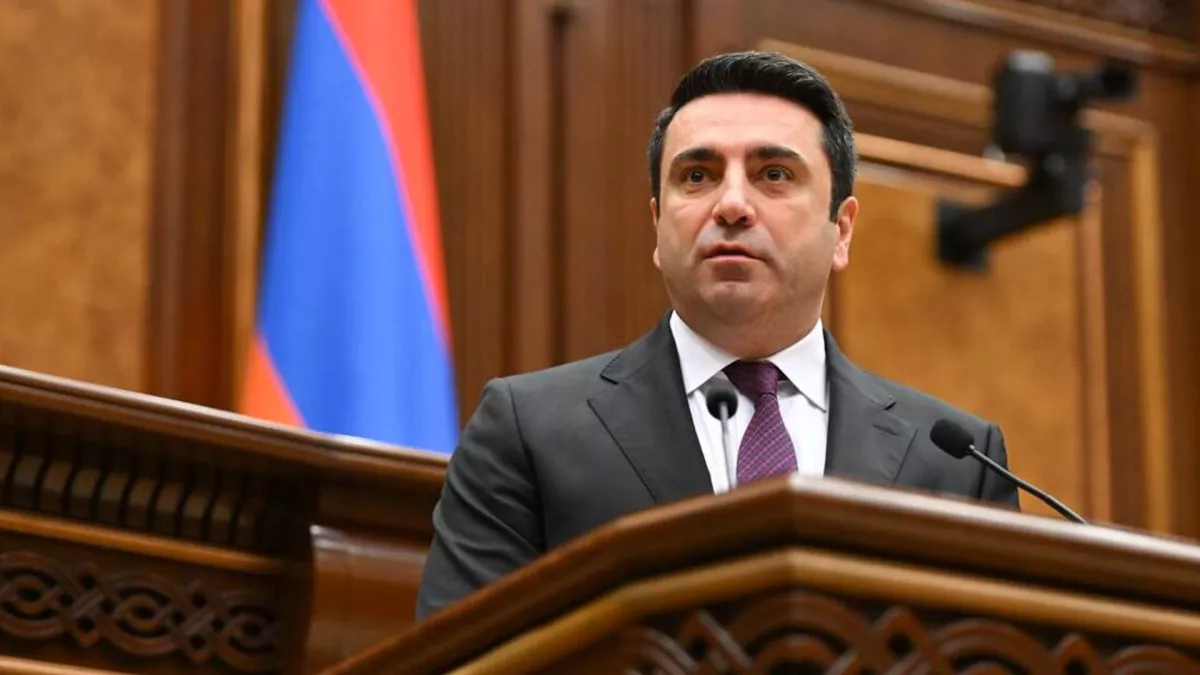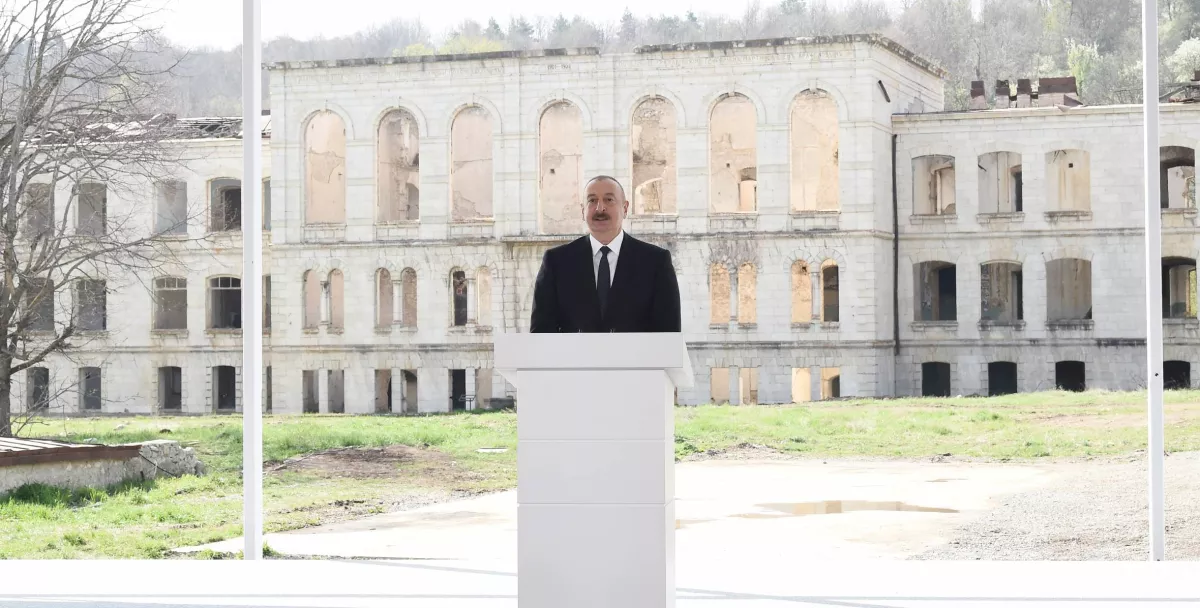Will Armenia break away from the “dead” OSCE Minsk Group? Yerevan’s inconsistencies and soap bubbles
The issue of the de jure dissolution of the infamous OSCE Minsk Group seems to be nearing its logical conclusion. Following numerous failed attempts by Yerevan to manipulate this matter — attempts that eventually burst like soap bubbles — the Armenian leadership has changed its approach, showing an unprecedented level of constructiveness and a willingness to follow Baku’s peace agenda.
In recent days, Armenian Prime Minister Nikol Pashinyan has made two notable statements. First, he announced that Armenia’s new Constitution should not contain a reference to the Declaration of Independence, which includes territorial claims against Azerbaijan. Second, he expressed Armenia’s readiness to dissolve the OSCE Minsk Group.
Thus, official Yerevan has agreed with two of Baku’s key demands. The question now is whether this theory will be put into practice. Given Nikol Pashinyan’s well-known inconsistency, it is difficult to make any predictions.
Of course, we understand that drafting a new Constitution is a lengthy and multi-stage process. At the same time, Yerevan has had ample opportunity to prepare for it. The issue of dissolving the OSCE Minsk Group, however, could be resolved much more quickly — especially since Russia has openly welcomed the move.
Just recently, Moscow expressed its support for the dissolution of the Minsk Group at the level of the Russian Foreign Ministry. During a briefing, the Ministry’s official spokesperson, Maria Zakharova, stressed that all structures of the Minsk Conference on the Karabakh settlement are subject to liquidation.

“We’ve addressed this issue many times,” Zakharova stated. “Accordingly, as a consequence, all structures of the Minsk Conference — including the Minsk Group, the High-Level Planning Group, and the post of the Personal Representative of the OSCE Chairperson-in-Office for the Nagorno-Karabakh settlement — are all subject to dissolution.”
In essence, she reiterated statements made back in December 2024: “Given Yerevan’s recognition (by Pashinyan in Prague in October 2022) of Nagorno-Karabakh as an integral part of Azerbaijan, and the fundamental changes on the ground, the format of the OSCE Minsk Group has lost its relevance. Therefore, all of its structures are subject to dissolution. The optimal path forward would be a joint proposal from Yerevan and Baku,” the diplomat added.

Russian Foreign Minister Sergey Lavrov had previously spoken about the termination of the OSCE Minsk Group’s activities. In June 2022, he noted: “The group ceased its operations at the initiative of its U.S. and French co-chairs. We have been discussing post-conflict settlement processes, and the foundation for this settlement lies in the trilateral statements made by the leaders of Russia, Azerbaijan, and Armenia.”
Moscow consistently underscores the importance of these trilateral agreements, concluded under its auspices, noting that they were instrumental in halting the hostilities in Karabakh in 2020. Unsurprisingly, Zakharova once again emphasised that the foundation for a peace agreement remains the trilateral accords of 2020–2022. This is a key argument in Russia’s strategy of exerting “soft pressure” on Yerevan.
Moscow is particularly irritated by Western efforts — especially from Paris and Brussels — to increase their influence over the negotiation process. As a result, Russia continues to remind Armenia that any pivot toward the West may come at a price — financially, economically, and politically. It is quite possible that the issue of dissolving the OSCE Minsk Group was already discussed and agreed upon during the meeting between Lavrov and Armenian Foreign Minister Ararat Mirzoyan in January of this year.

Shortly before that meeting, the Speaker of Armenia’s National Assembly, Alen Simonyan, indirectly confirmed that the issue of dissolving the Minsk Group could be included on the negotiation agenda.
On the other hand, Russia also recognises that since 2023, Baku and Yerevan have entered into direct dialogue without intermediaries. This means that the formal presence of the OSCE Minsk Group has essentially become redundant.
It is worth noting that back in April 2022, Azerbaijani President Ilham Aliyev, speaking at the 5th Congress of World Azerbaijanis in Shusha, clearly stated that the OSCE Minsk Group was not established to resolve the conflict but to perpetuate the occupation of Azerbaijani lands.

“The solution to the Karabakh conflict was a significant task for me as President. Since day one of my presidency, the solution to this issue and the development of the post-conflict period in the interests of Azerbaijan have been my top priority…Unfortunately, the Armenian leadership, as well as the international community and international organizations, were of a different opinion, and the protracted negotiations, which lasted almost 30 years, were simply aimed at perpetuating this occupation, covering up Armenia's policy of aggression and making us come to terms with this painful situation,” he noted.
The current situation allows for cautious optimism: if Armenia fully renounces its territorial claims in its Constitution and formally dissolves the Minsk Group, there will be no major obstacles left on the path to a peace agreement.
The ball is in Armenia’s court. Whether Yerevan keeps its word — time will tell.








